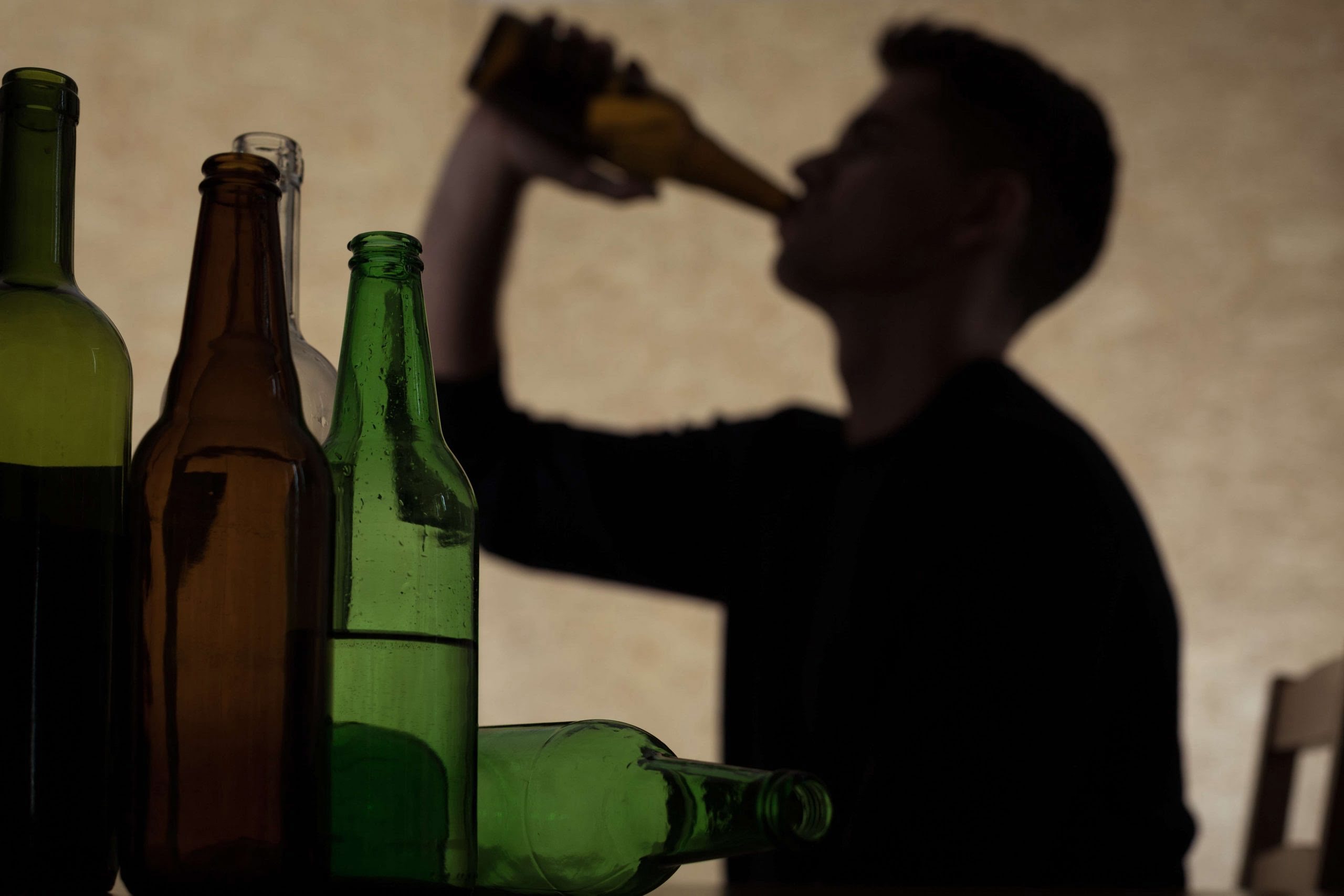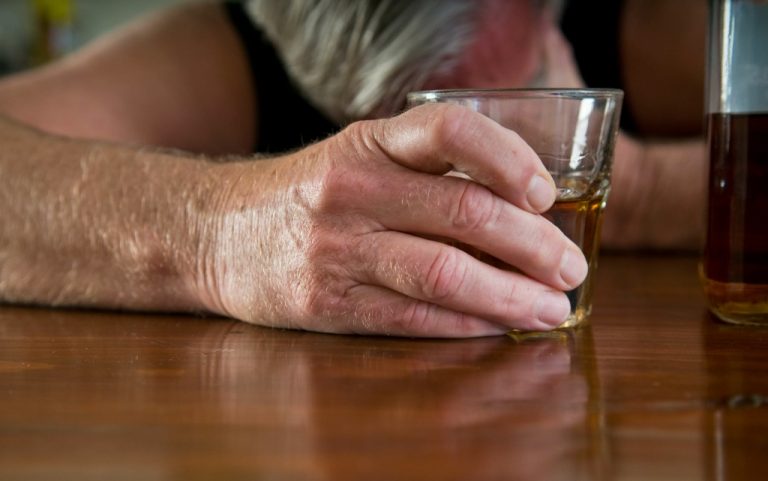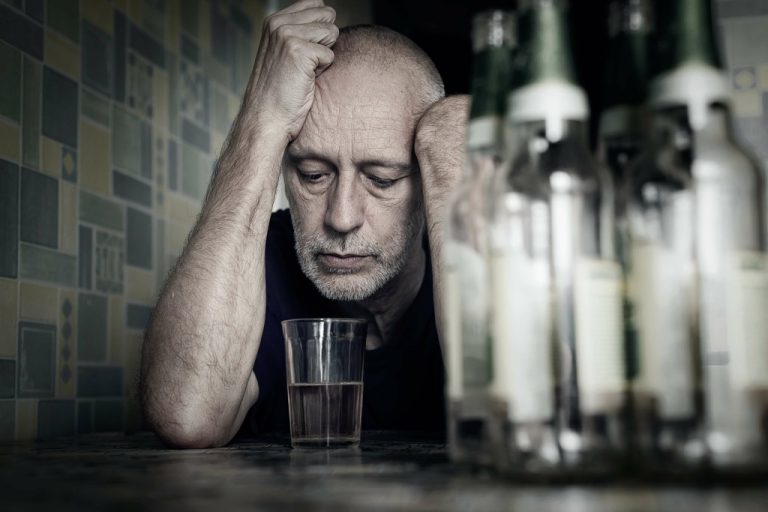In conclusion, alcohol dehydration refers to the process of removing water from alcohol, resulting in a higher concentration of does alcohol make you dehydrated alcohol. Whether for industrial purposes or beverage production, understanding the basics of alcohol dehydration can help shed light on the various aspects surrounding this topic. However, it is essential to exercise caution and follow legal regulations when dealing with alcohol dehydration to ensure safety and compliance.

Water Content in Alcoholic Beverages
In addition, the differences in the urine output between alcoholic and non-alcoholic beverages after exercise disappear from 4 h onwards 17,22. Based on this, the relevance of the diuretic effect of moderate alcohol consumption in the real-life situation under normal circumstances, can be questioned. One of the primary ways alcohol impacts the body is by stimulating increased urine production. This increased urine output can result in higher fluid loss and subsequently increase the risk of dehydration. Additionally, alcohol can impair the body’s ability Sober living house to conserve water, leading to further fluid imbalance.

Does Alcohol Dehydrate You? How To Rehydrate After Drinking

Additionally, heavy drinking can weaken the immune system, making the body more susceptible to infections. Recognizing the symptoms of dehydration can help prevent the condition from worsening, especially after consuming alcohol. Dehydration can affect various bodily functions and manifest in a wide range of symptoms, from mild to severe.
- This is likely because of the interaction of sugar and water within the cells.
- This can manifest as a persistent feeling of thirst, even after drinking alcohol.
- These electrolytes are crucial for maintaining proper hydration and bodily functions.
- For example, a single beer might have a mild diuretic effect, but a night of heavy drinking can lead to severe dehydration, marked by symptoms like dark urine, dizziness, or fatigue.
During Alcohol Consumption
When you consume alcoholic beverages, several factors contribute to this dehydration effect. First, alcohol is a diuretic, meaning it increases urine production. This can lead to a higher frequency of urination and the loss of fluids from the body. Additionally, there are ways to stay hydrated while drinking alcohol. Alternating alcoholic beverages with water can help maintain hydration levels and reduce the risk of dehydration.
- What’s the first piece of advice you received when you started drinking alcohol?
- This can have a significant impact on our hydration levels and overall well-being.
- Eating also increases your overall fluid intake, which helps counteract the diuretic effect of alcohol.
While most drinks and high-liquid foods will provide water for the body to use and stay hydrated, some https://ecosoberhouse.com/ drinks may act as diuretics having the opposite effect. Research from 2017 indicates that low levels of caffeine ingestion do not cause dehydration. Participants who consumed over 500 milligrams (mg) of caffeine daily showed disruptions in fluid balance from the diuretic effects of coffee. Liquor tends to have a much higher alcohol content and significantly less liquid than other alcoholic drinks, which can contribute to dehydration. Drinks that may result in dehydration can include alcoholic, caffeinated, and sugary beverages.
